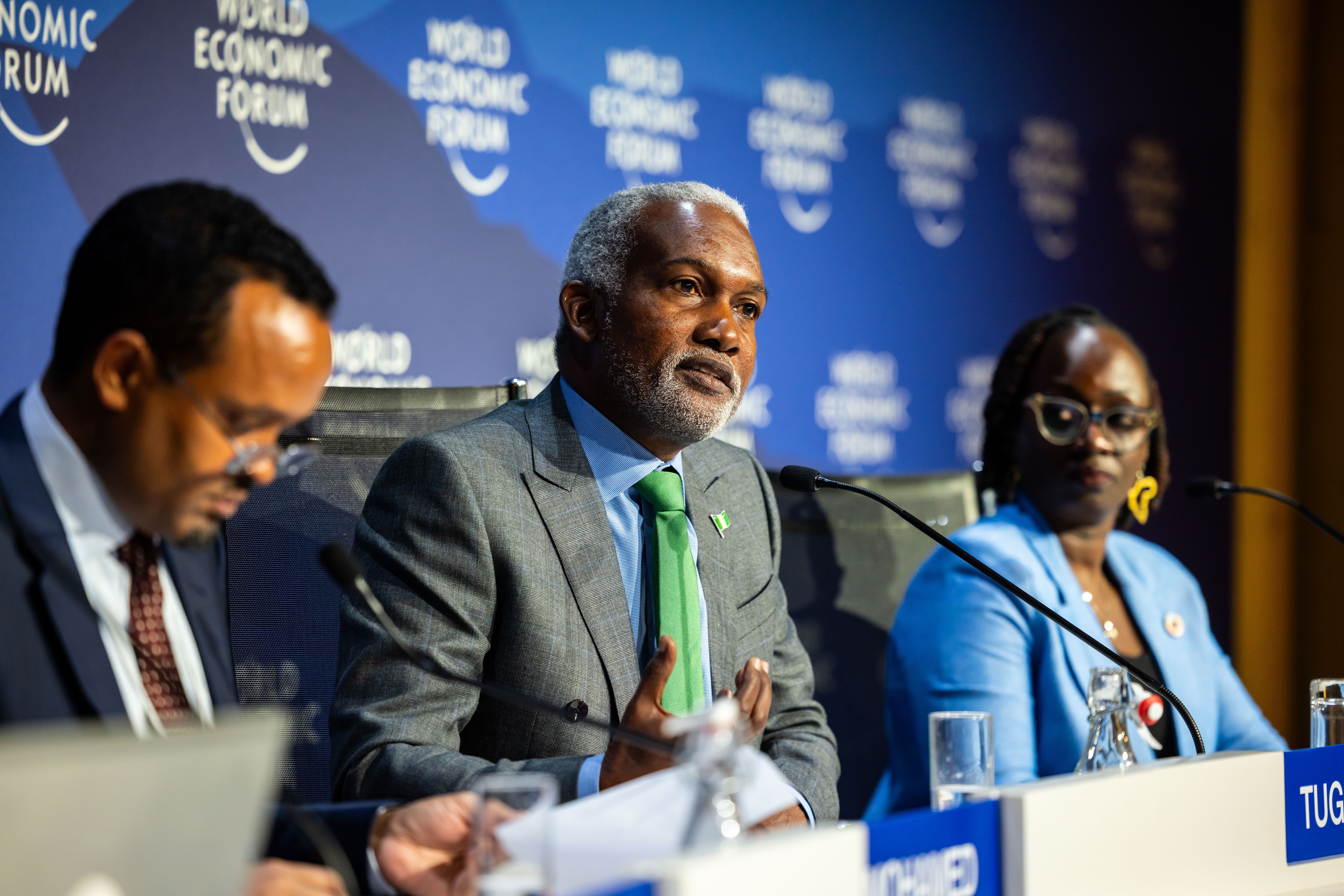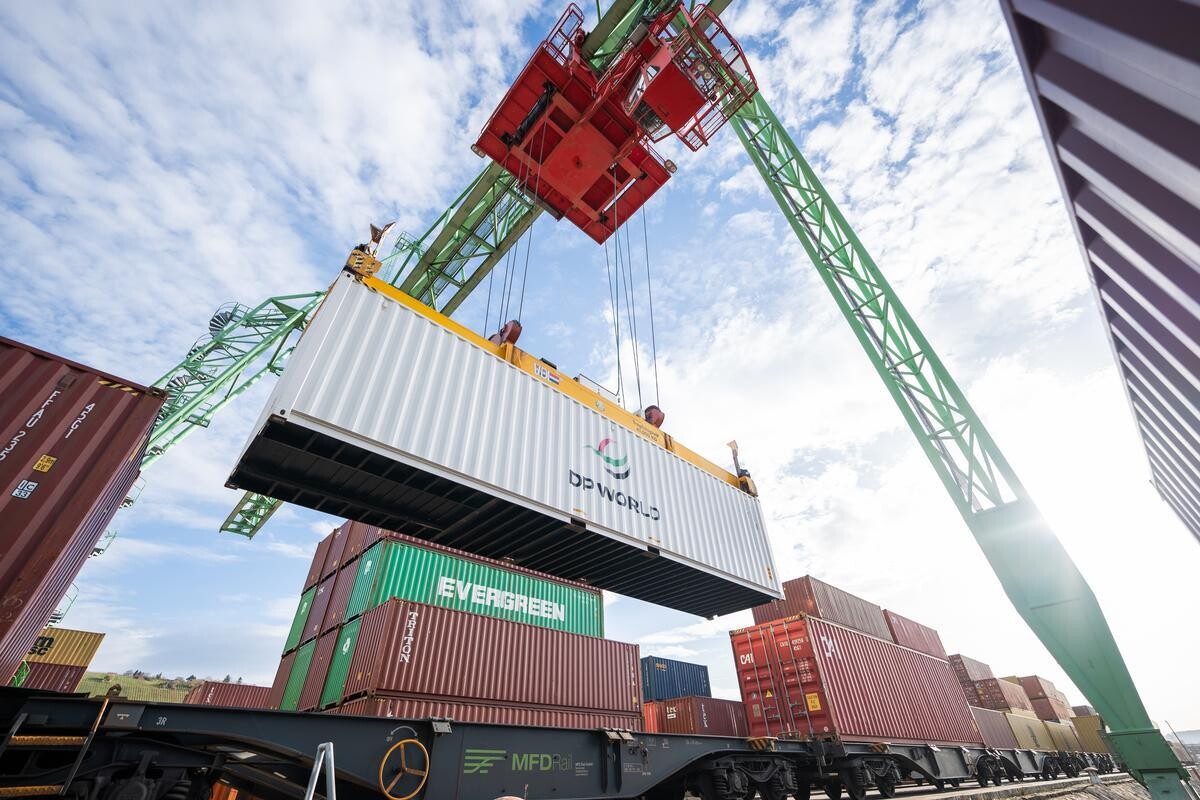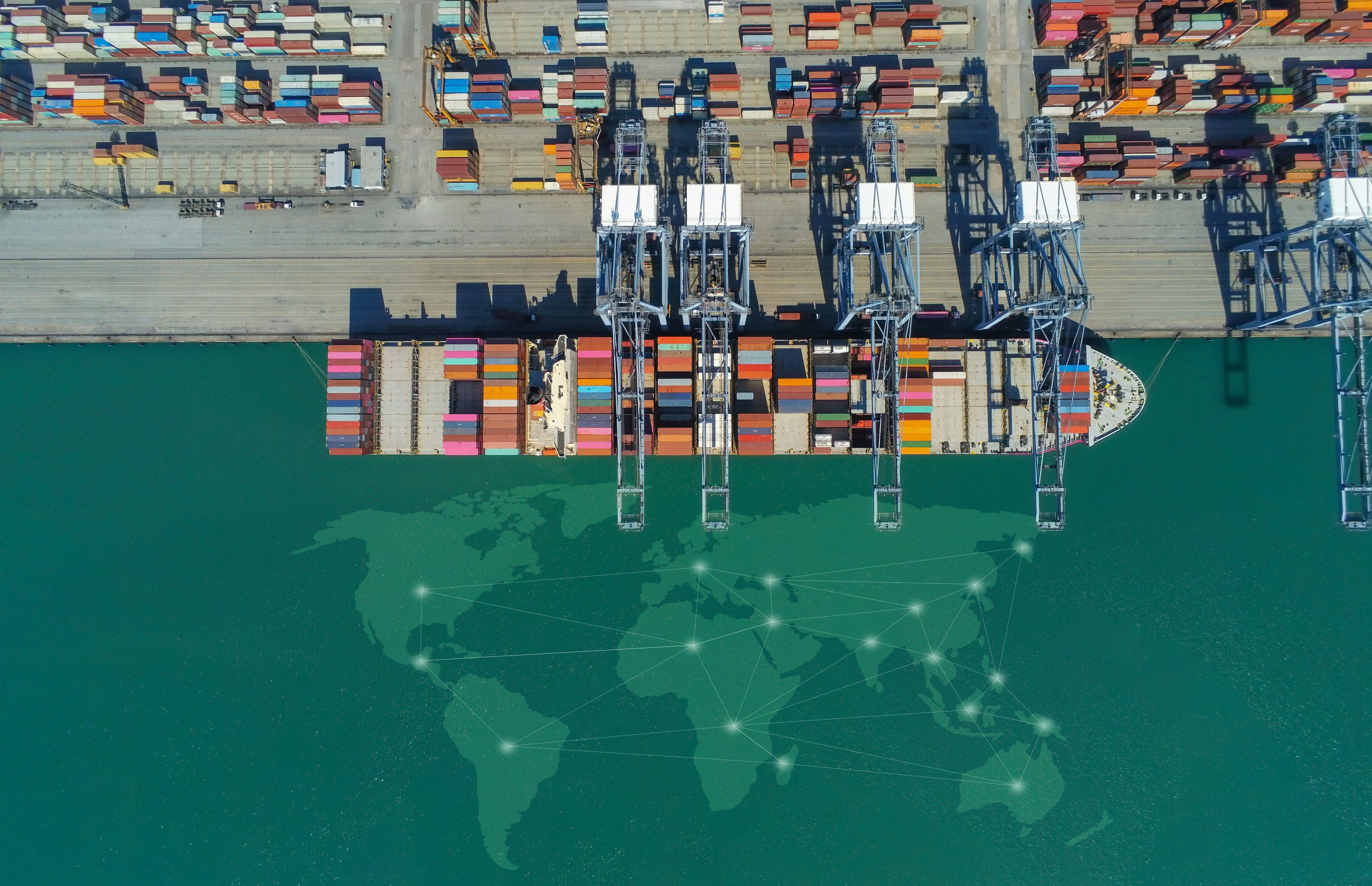Implementation options for ASEAN’s Digital Economy Framework Agreement

The ASEAN DEFA can learn from other digital trade agreements. Image: REUTERS/Hasnoor Hussain
Rodrigo Polanco Lazo
Senior Researcher and Lecturer / Academic Coordinator, World Trade Institute (WTI)- While much has been discussed about treaty design in preferential and digital trade agreements, implementation remains a weak link.
- Successful precursors such as the European Union highlight the importance of enforceable rules and strong institutions that can aid dispute resolution and regulatory coordination.
- The ASEAN Digital Economy Framework Agreement already benefits from the region’s long history of economic cooperation.
With the Association of Southeast Asian Nations (ASEAN) Digital Economy Framework Agreement (DEFA) under negotiation, the time is now to start thinking proactively about implementation.
Indeed, thinking now about the appropriate combination of implementation mechanisms could go a long way towards improving the efficacy of economic deals once they are concluded and ratified.
Much research in the fields of political economy and international economic law has tried to explain the substantive content of preferential trade agreements and digital economy agreements.
Different projects and databases have extensively mapped the rights and obligations of each party. While we know a lot about “treaty design,” less attention has been given to questions of implementation. This may change as negotiators increasingly regard how to support this crucial phase.
A lack of focus on implementation has led to underused market access preferences, such as preferential tariffs and neglected domestic reforms needed to fulfil treaty commitments.
For preferential trade agreements, implementation mechanisms play a crucial role in ensuring commitments made by countries are effectively executed.
These mechanisms vary in design and effectiveness but generally include:
- Monitoring e.g. joint committees or working groups to oversee implementation, track progress and resolve technical issues.
- Encouraging cooperation across regulatory agencies through dedicated chapters of regulatory cooperation and transparency and dispute settlement mechanisms.
- Private sector and civil society involvement, although less frequently.
What other models teach us
It is also no surprise that regional economic integration initiatives and political alliances building on ambitious trade and investment liberalization obligations tend to exude a solid track record regarding implementation.
The most obvious example is the European Union (EU), which has a single market and a legal system devoted to ensuring implementation. In particular, the European Court of Justice has long been a force for deeper market integration in Europe through its case law.
The North American market has also worked relatively well over many years, as illustrated by integrated production networks in key industry sectors supported by the United States-Mexico-Canada Agreement (USMCA).
Legal avenues (e.g., recourse to dispute settlement) have helped promote implementation. In summary, not only does geography matter but the level of ambition shared by the parties and joint efforts to promote implementation also play an outsized role.
When it comes to private sector involvement, many advanced economies benefit from trade associations and public-private sector organizations for trade and investment promotion that actively support the implementation, uptake or utilization of agreements through advisory services and information campaigns.
This is particularly important as academic research finds strong evidence that superstar exporter firms profit from the tariff preferences, yet other types of companies tend to do so much less.
Strengthening dispute settlement mechanisms
This points to a need to strengthen support for implementation for small and medium-sized enterprises that cannot otherwise navigate complex compliance procedures or exert any influence on policy outcomes through government affairs campaigns.
In other words, it appears important to think creatively about how to create public-private interfaces to support implementation while negotiations are underway rather than after the resulting trade agreement has been signed and ratified.
As for judicial means, past practice shows that dispute settlement mechanisms are generally not very developed and seldom address commitment compliance.
Examples mainly include cases brought under the USMCA and its predecessor – the North American Free Trade Agreement – as well as in the Southern Common Market. Many of these disputes focused on the use of trade remedies, such as anti-dumping.
The mechanism is also being increasingly applied in trade-related areas, such as labour rights, including recently under the EU-Republic of Korea Digital Trade Agreement. The extent to which countries seek recourse under the dispute settlement provisions of various free trade agreements could change.
The current “tariff war” and ongoing shortcomings afflicting the dispute settlement system of the World Trade Organization (WTO) could increase the tendency to seek stronger and more actionable litigation or arbitration mechanisms in preferential trade agreements.
Implementation mechanisms are essential for ensuring trade deals deliver.
”ASEAN’s regional edge
Dispute settlement provisions are less common in digital trade agreements due to the evolving nature of digital trade, national security concerns and regulatory divergence. These factors often exclude digital trade from such provisions in preferential and standalone digital economy agreements.
Some restrict dispute settlement mechanisms to selected provisions – non-discrimination, customs duties and cross-border data flows e.g. the Digital Economy Partnership Agreement between Singapore, Chile, New Zealand and South Korea.
Only a few explicitly apply them to digital trade – the Canada-Ukraine Modernized Free Trade Agreement is one.
Regarding ongoing ASEAN DEFA negotiations, two necessary background conditions support implementation.
First, while geography for digital trade might seem paradoxical, proximity – in geography and regulatory philosophies – would still be beneficial for ASEAN.
Second, whereas ASEAN DEFA is a framework agreement, it builds upon a long-standing tradition of incremental regional economic integration encompassing almost all areas of the modern economic administrative state.
Making ASEAN DEFA work
We know from research that positive past cooperation is a key explanation for continued and successful cooperation, i.e. what worked in the past will, all things being equal, continue to work in the future.
Notwithstanding these positive factors, negotiators should give sufficient thought to these conditions and incorporate working mechanisms that support future implementation challenges.
First, any final agreement must include provisions that foresee well-defined committee work within and across regulatory agencies to operate properly with a clear mandate, including trade-related areas and institutions, such as competition authorities, data-protection agencies, customs, finance, etc.
Second, special attention must be given to ASEAN member states requiring specific support and technical assistance. A special fund could help address infrastructure needs and regulatory readiness.
For instance, ASEAN could follow the WTO’s Trade Facilitation Agreement, where a dedicated facility was created to implement the agreement.
Third, negotiators could explore better incorporating private sector expertise in tackling the challenges to successfully implement the final agreement.
Active private sector involvement would be desirable through bodies such as the ASEAN Business Advisory Council to design more effective implementation mechanisms.
Such mechanisms are essential for ensuring trade deals deliver. Their efficacy depends on clear procedural design, ASEAN member states’ political will, private sector cooperation and the capacity for prompt and effective dispute resolution.
We are keen to see Malaysia’s government, as the current ASEAN chair, continue to lead and support forward-looking approaches.
Don't miss any update on this topic
Create a free account and access your personalized content collection with our latest publications and analyses.
License and Republishing
World Economic Forum articles may be republished in accordance with the Creative Commons Attribution-NonCommercial-NoDerivatives 4.0 International Public License, and in accordance with our Terms of Use.
The views expressed in this article are those of the author alone and not the World Economic Forum.
Stay up to date:
ASEAN
Related topics:
Forum Stories newsletter
Bringing you weekly curated insights and analysis on the global issues that matter.
More on Trade and InvestmentSee all
Nivedita Sen and Alexandre Marchand
January 23, 2026







